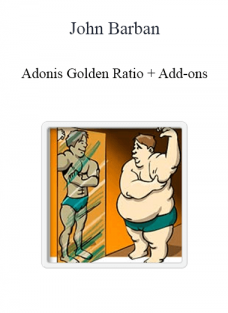Janina Fisher. Ph.D. – Janina Fisher – Overcoming Trauma-Related Shame and Self-Loathing
$50.00 $14.00
- Description
Description
Download Immediately!
Watch Proof Content Below:

Janina Fisher. Ph.D. – Janina Fisher – Overcoming Trauma-Related Shame and Self-Loathing
Shame has an insidious impact on our traumatized clients’ ability to find relief and perspective even with good treatment. Feelings of worthlessness and inadequacy interfere with taking in positive experiences, leaving only hopelessness. This 60-minute recording was webcast live from the office of Dr. Janina Fisher and introduces shame from a neurobiological perspective—as a survival strategy driving somatic responses of automatic obedience and total submission.
Learn to help clients relate to their symptoms with curiosity rather than automatic acceptance, discriminate the cognitive, emotional, and physiological components of shame, and to integrate somatic as well as traditional psychodynamic and cognitive-behavioral techniques to transform shame-related stuckness.
- Discriminate the clinical implications of physiological and cognitive contributors to shame.
- Describe cognitive-behavioral, ego state, and psychoeducational interventions to address shame in clinical practice.
GET OVERCOMING TRAUMA-RELATED SHAME AND SELF-LOATHING WITH JANINA FISHER, PH.D. OF AUTHOR JANINA FISHER
The Neurobiology of Shame
- The role of shame in traumatic experience
- Shame as an animal defense survival response
- Effects of shame on autonomic arousal
Shame’s Evolutionary Purpose
- Shame and the attachment system
- Rupture and repair in attachment formation
Making Meaning of Shame
- Feelings of disgust, degradation, and humiliation are interpreted as “who I am”
- Cognition and the body
- Internal working models predict the future and determine our actions
Working from the “Bottom Up”
- The role of procedural learning and memory
- Physiological effects of mindful dual awareness
- Using mindfulness-based techniques to inhibit self-judgment
A New Relationship to the Shame: Acceptance and Compassion
- Re-contextualizing shame as a younger self or part
- Bringing our adult capacity to our childhood vulnerability
- Healing shame through compassionate acceptance
The Social Engagement System and the Healing of Shame
- Social engagement and the ventral vagal system (Porges)
- The incompatibility of shame and social engagement
- The therapist’s own social engagement system as a healing agent










